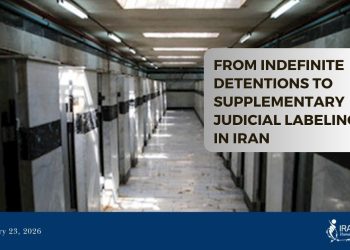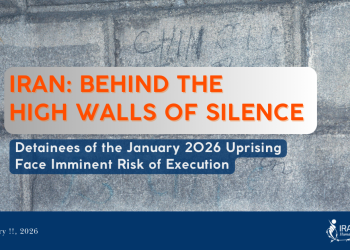In the Detention Center of Tabriz Intelligence Office
Karim Esmailzadeh, an Azerbaijani political and civil activist and world powerlifting champion, was temporarily released from Tabriz Central Prison on bail after spending nearly 50 days in solitary confinement at the Tabriz Intelligence Office. He was freed in a critical physical and psychological condition, showing visible signs of torture. According to reports from human rights sources and his family, this temporary release took place while Esmailzadeh had been subjected to severe physical and psychological torture during his detention and was deprived of his most basic human rights.
Systematic Torture and Serious Injuries
According to his family and informed sources, Esmailzadeh was held the entire time in solitary confinement, with his hands and feet tied and his face forced to the ground. During this period, he endured continuous beatings, threats of sexual assault, threats to harm his family members, and deprivation of sleep and medical care. According to those close to him, he lost over 40 kilograms in weight and continues to suffer from extreme physical weakness, persistent body tremors, and psychological trauma resulting from severe stress.
Reasons for Arrest and Background of Civil Activities
Karim Esmailzadeh had previously been arrested and tried multiple times for his peaceful civil, environmental, and cultural activities. His efforts included protesting the government’s role in the drying up of Lake Urmia, warning about pollution in the Aras River, criticizing systematic discrimination in Azerbaijani regions, and objecting to the plundering of natural resources. In his most recent arrest, security forces detained him without presenting a judicial warrant and subjected him to violent interrogations at the Tabriz Intelligence Office for nearly two months. Reports indicate that this process clearly violated the principles of fair trial, including denial of access to a lawyer during interrogation and keeping his family unaware of his whereabouts.
Forced Confessions under Torture
The main purpose of this torture has reportedly been to extract forced confessions, likely to be broadcast by media affiliated with security institutions. Esmailzadeh was placed under immense pressure to portray his civil activities as security-related offenses or cooperation with political groups, while in reality, all his activities were within the legal framework and aimed at civil and environmental rights.







